From plant-based options to low-sugar alternatives, grocery-store shelves are stocked with packaged products that, at first glance, may seem like your best bet for cutting calories and nourishing naturally. But how healthy are some of our favorite so-called health foods? Today, we’re putting the “conscious” back in conscious eating and breaking down 10 imposters to think twice about the next time you want to grab a snack on-the-go or pack your plate with powerhouse nutrition.
Read on for a round-up of health food frauds that might just leave you rethinking the way you approach your daily diet.
1. Veggie Chips
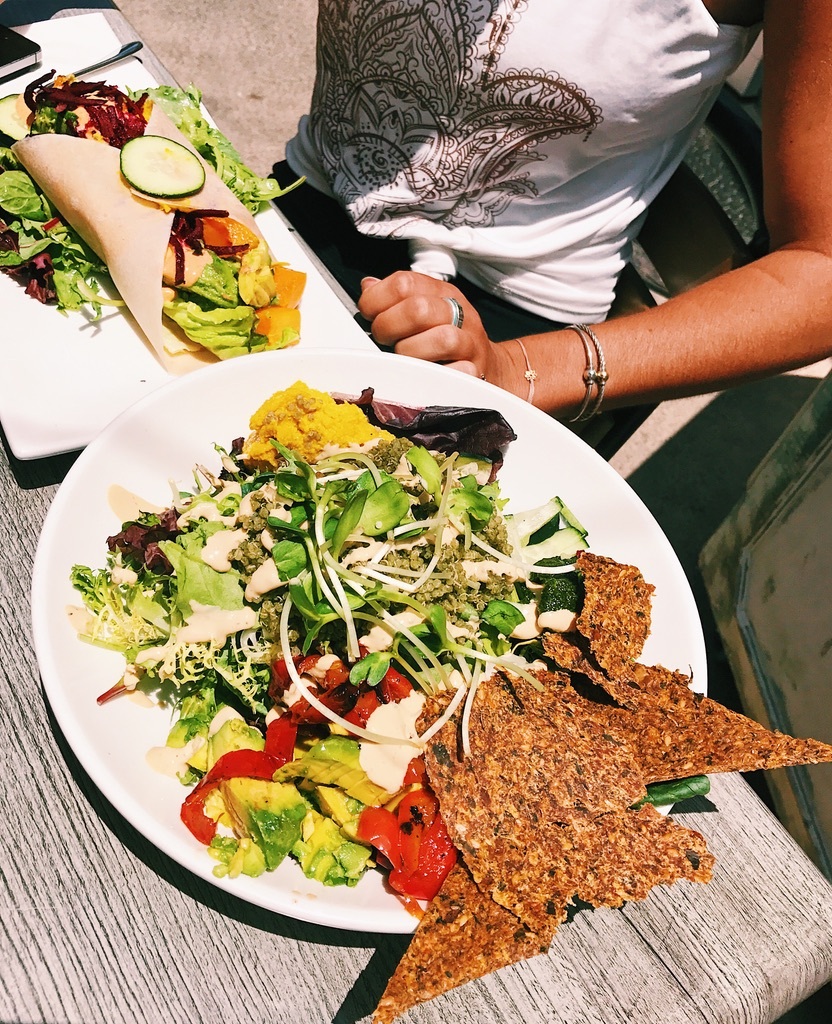
When you’re craving something crispy, salty, and crunchy—veggie chips can rightfully seem like a healthy alternative to the classic potato chip. The problem? Most are deep fried, loaded with sodium, and often contain dyes. They’re also sliced so thinly that you’re not actually getting a meaningful amount of nutrients, as you would from eating actual vegetables. Take a look at the ingredient list next time you reach for a bag of veggie chips. Chances are, its primary ingredients are potato starch, potato flour, and oil—rather than actual vegetables.
2. Granola
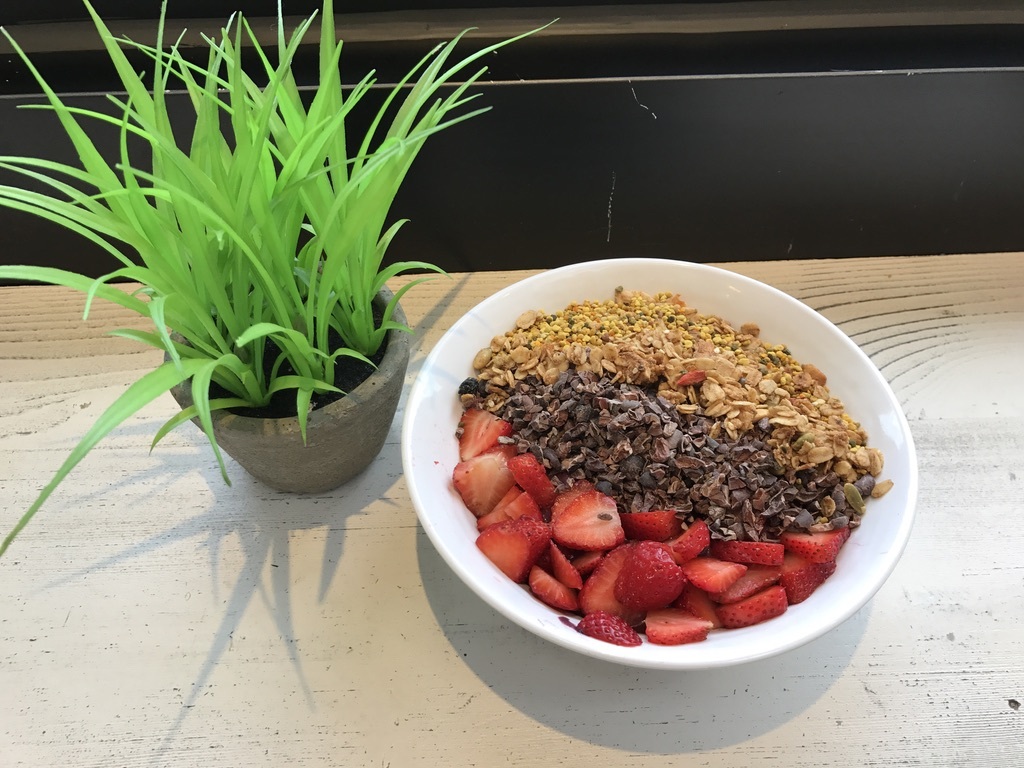
Ah, granola. This is one of those foods that’s managed to convince the world it’s a healthy, nutritious option—and, in some case, that can be true—but most of the time (particularly when we’re talking about big-box brands), granola is loaded with white sugar and contains copious amounts of vegetable oil and/or butter. The next time you’re thinking of adding it to your yogurt or almond milk for a healthy morning start, check the label and pay close attention to calories and sugar. Oftentimes, a bowl of granola alone can contain anywhere from 400-600 calories and up to 14 grams of sugar, making it a less-than-stellar option for starting off your day.
3. Wraps
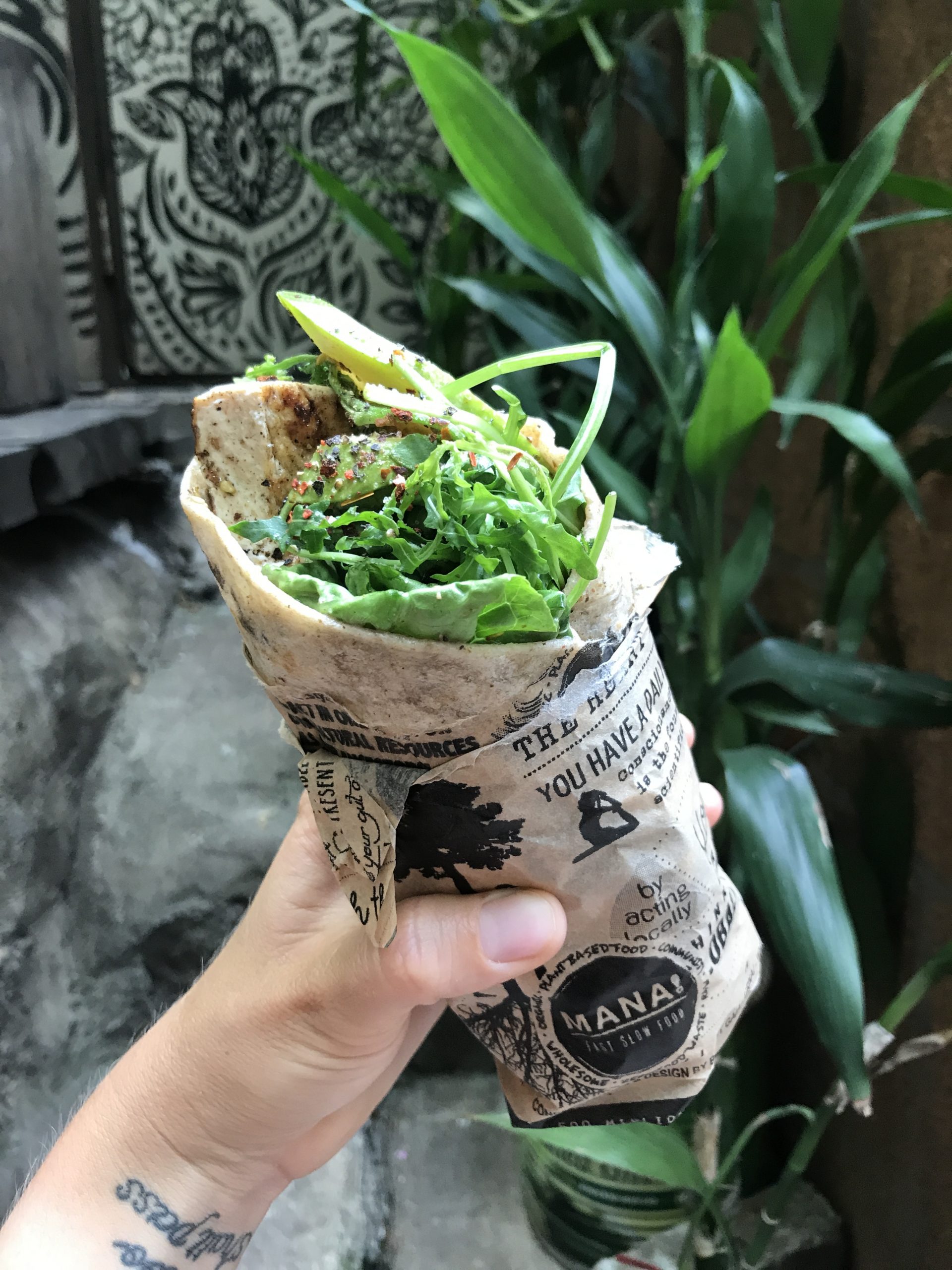
When it comes to health foods that aren’t healthy, wraps are another wildly misunderstood imposter. Somehow, we’ve become conditioned to equate the word “wrap” with nutrition and health—even if what precedes the “wrap” part is “buffalo chicken” or “salami and cheese”. The key here is to pay attention to what’s in the wrap—if it’s fried, loaded with sodium, or dressed heavily in mayo- or oil-based condiments, chances are it’s not actually the nutritious option you were hoping for. Opt for a turkey sandwich loaded with fresh vegetables and spinach on whole wheat bread instead.
4. Dried Fruit
Dried can certainly be a nutritious option to add to your diet so long as you pay attention to the nutrition facts label and are conscious of how much of it you’re eating. When it comes to the benefits, dried fruit can contain up to 3.5 times the vitamins, fiber, and minerals of fresh fruit (major win). The downfall is it’s extremely high in sugar and calories (the water having been removed from the fruit condenses the sugar contents), so it’s super important to watch your intake, as the calories can add up quite quickly when you go for a heaping handful. Also, take a look at the labeling—avoid any dried fruit that’s been coated with added sugar or that contains sulfites.
5. Diet Sodas
Alright, we have some bad news: diet soda is not a health drink. While it can seem like a healthier alternative to its non-diet counterparts, it still contains chemicals and artificial sweeteners that are far from nutritious. It can act as a useful tool to help you wean yourself off of regular, high-calorie soda, but—as a beverage that may increase the risk of obesity and diabetes—it certainly shouldn’t be treated as a long-term healthy addition to your diet.
6. Low-Fat Salad Dressings
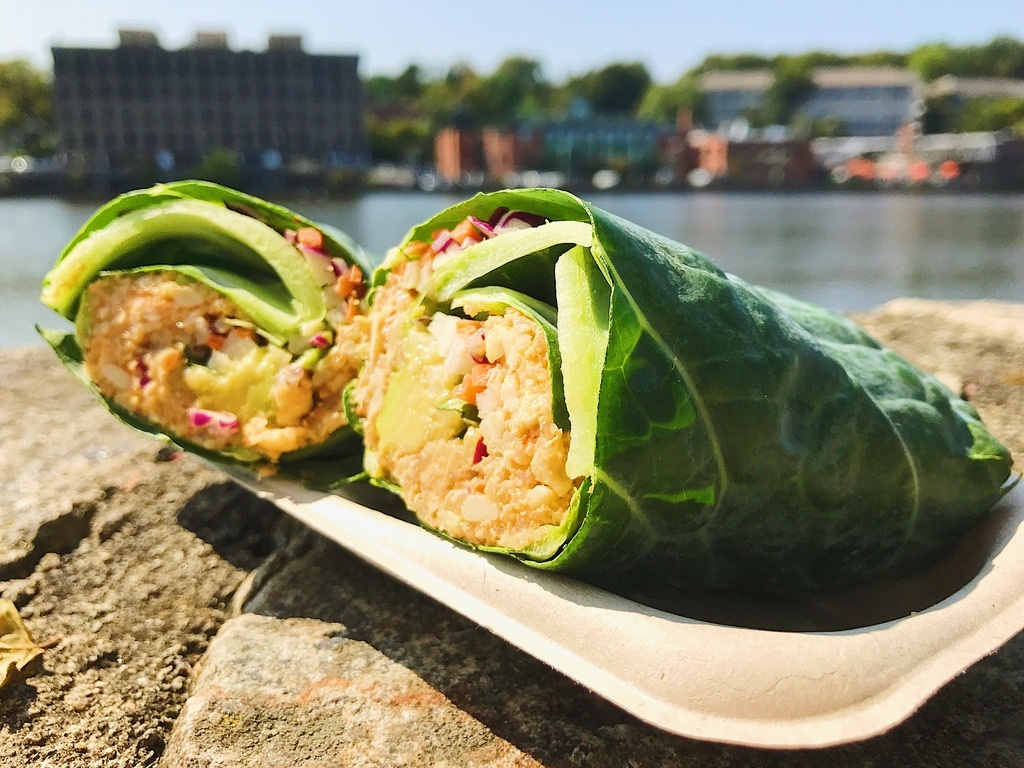
As a general rule of thumb, you should be weary of anything labeled as “low-fat”. The problem is most low-fat items make up for their lack of fat with the addition of tons of sugar, salt, high-fructose corn syrup, and harmful additives to create a more satisfying taste. Plus, research shows that fat-free salad dressings actually make it more difficult for certain nutrients to make their way into your bloodstream. Instead of opting for this misleading imposter, try mixing some fresh lemon juice with avocado oil or olive oil, apple cider vinegar, and a pinch of fresh sea salt and pepper.
7. Flavored Oatmeal
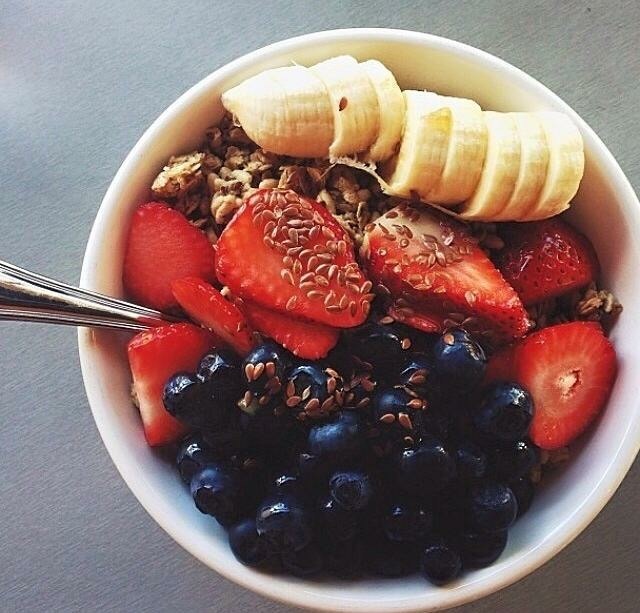
Oatmeal is a great go-to breakfast for anyone who wants to start their day off with healthy complex carbs that deliver long-lasting energy—but we always recommend opting for an unaltered form of oatmeal (think: plain steel-cut oats) and then flavoring that oatmeal yourself with healthy spices and fresh fruit. (We love the combination of fresh cinnamon—which has anti-viral, antibacterial, anti-inflammatory, and antifungal properties—and antioxidant-packed blueberries.) Pre-flavored and packet oatmeals tend to contain tons of sugars, guar gum, artificial flavorings, and artificial dyes. Remember: just because the box says “maple brown sugar” or “cinnamon apple” does not mean actual maple, brown sugar, cinnamon, or apples are inside. Instead, big-box brands rely on chemicals and additives to mimic those flavors.
8. Plant-Based “Meat”
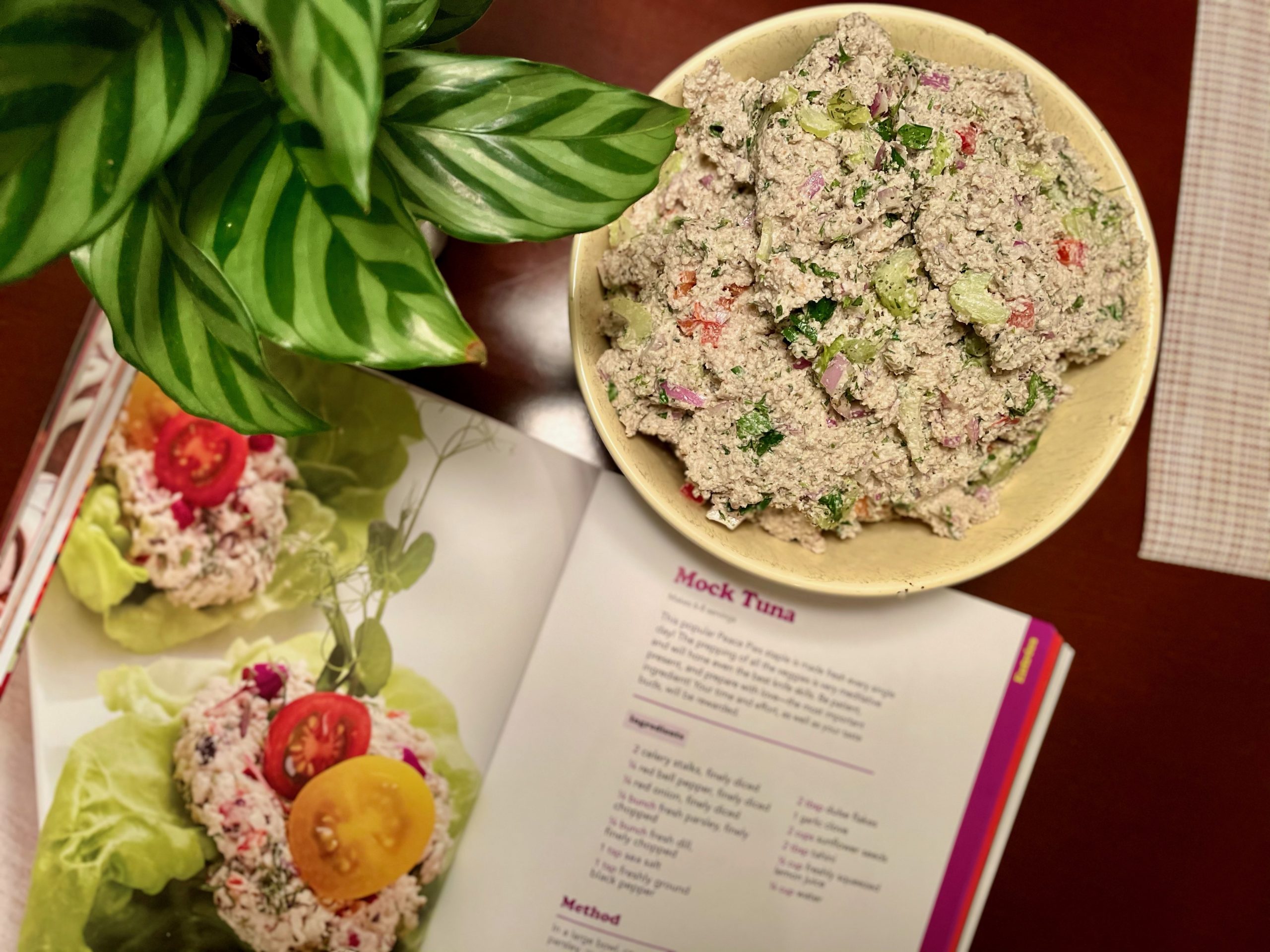
We’re all about that plant-based life here at CF Nutrition (in fact, CF(protein)®, our plant-based protein drink, is one of our favorite ways to nourish on-the-go). But the opportune word in “plant-based diet” is, indeed, plant. This means the focus should be on sticking to whole, nutritious, unaltered fruits, vegetables, and grains in their natural form. Just like with the flavored oatmeals we mentioned above, the problem often comes in when we alter the natural state of something in an effort to mimic something else. Plant-based meat can be a great option to turn to every now and then when your vegan diet has left you craving a good ol’ fashioned cheeseburger, but these highly-processed meat alternatives contain about the same amount of saturated fat as a beef burger—and are loaded with copious amounts of sodium and additives—while ultimately providing less protein than natural meat.
9. Turkey Bacon
We’re starting to sound like a broken record here, we know…but, yet again, the problem with number 9 on our roundup of healthy foods that aren’t healthy is—you guessed it—sodium and additives. While throwing some turkey bacon in your pan on Sunday morning in place of traditional pork bacon is definitely a lighter-calorie option, it’s also adding possible carcinogens to your plate—including artificial colors, saturated fat, and nitrates.
10. Flavored Milk Alternatives
Don’t get us wrong—a glass of plain, unsweetened almond or cashew milk is a great dairy-free option. But the problem comes in with flavorings and additives. Nut beverages tend to be loaded with carrageenan to help thicken them up and mimic the consistency of dairy milk. (There is some evidence to suggest that carrageenan triggers inflammation and gastrointestinal ulcerations.) Plus, flavored milk alternatives can contain a staggering 16-22 grams of added sugar per serving (the AHA suggests no more than 24g of sugar per day for women and no more than 36g daily for men).
Overall, if it’s meant to mimic, loaded with sugar and sodium, or flavored and dyed with chemicals—it’s not the best option. Natural and in moderation always tends to be better than altered and in excess. Check the labels, compare the seemingly healthy alternative you’re considering to the original version, and, when in doubt, know that the produce aisle will never steer you wrong (unlike those center aisles, which contain tons of questionable options masquerading as health foods).
———
Ready for more goodness? Browse the rest of the CF Nutrition blog for empowering health, wellness, and lifestyle tips. And don’t forget to treat your body to clean, natural nutrition by hydrating with the clinical replenishment of CF(Rehyrdate)® and nourishing with the powerful plant-based protein in CF(protein)®, our fan-favorite immunonutrition drink.

